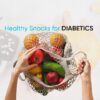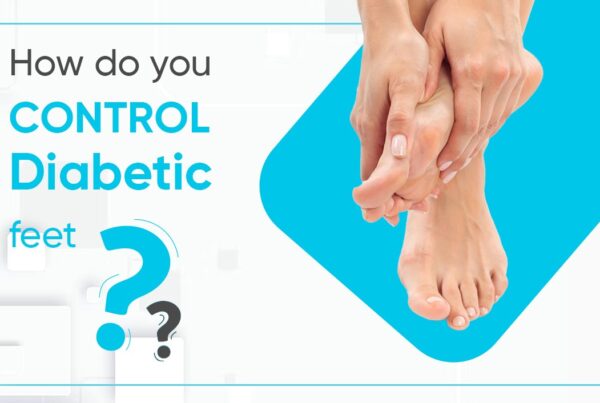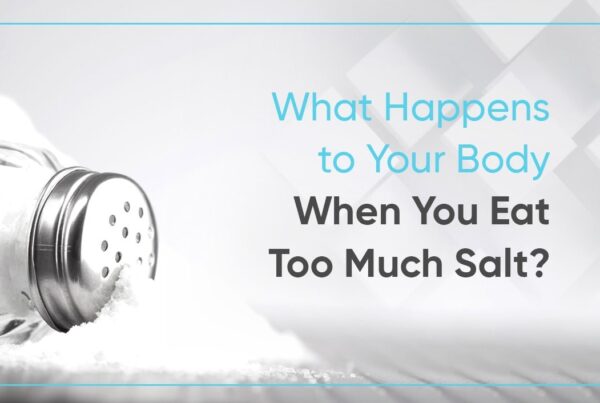COVID-19 Latest Developments
As the COVID-19 pandemic is sweeping the globe. The developments to find the perfect vaccine are in progress. Vaccines work by preparing and stimulating the body’s natural defenses, the immune system, to identify and combat the viruses they are designed to combat. If the body is exposed directly to such disease-causing germs after the vaccine, the body can kill them right away, avoiding illness.
Covaxin
Covaxin is an inactivated shot, meaning it is composed of coronaviruses that have been eliminated, making it safe to administer into the body. Bharat Biotech used a coronavirus sample extracted by the National Institute of Virology in India. Immune cells will still detect the dead virus after it has been ingested, causing the immune system to produce antibodies against the pandemic virus. The two doses are separated by four weeks. The vaccine can be kept at temperatures ranging from 2 to 8 degrees Celsius.
Bharat Biotech claims to have a stockpile of 20 million doses of Covaxin and plans to produce 700 million doses by the end of 2021 at its 4 facilities in two cities.
Experts questioned how a shot could be approved for immediate use by millions of people when trials were still ongoing. The All India Drug Action Network was perplexed by how an incompletely studied vaccine could be approved. A study said concerns were arising from the lack of efficacy evidence.
Indian clinical trial laws, according to Bharat Biotech, provide for “rapid” approval of medicines after the second phase of tests for “unmet needs of severe and life-threatening diseases in the country.” It had vowed to release vaccine efficacy data by February, which it has now done.
Covishield
The Serum Institute of India, the ’s top vaccine producer, is producing the Oxford-AstraZeneca vaccine domestically. It claims to be able to produce more than 50 million doses every month. The vaccine was developed from a weakened strain of chimp adenovirus. It has been altered to resemble coronavirus, even though it cannot cause disease. When a patient receives the vaccine, it triggers the immune system to produce antibodies and prepares it to fight any coronavirus infections.
The vaccination is provided in two doses, four to twelve weeks apart. It can be comfortably kept at temperatures ranging from 2 to 8 degrees Celsius, which is almost the same as a domestic refrigerator and distributed in existing health care environments such as doctors’ offices.
It is therefore easier to obtain than any other vaccines. The Pfizer-BioNTech vaccine, which is currently being used in many nations, should be stored at -70 degrees Celsius and can only be transferred a limited number of times – a specific challenge in India, where summer temperatures can reach 40 degrees Celsius. The Oxford-AstraZeneca vaccine was found to be 90 percent effective in international clinical trials when participants were given a half dose and then a full dose.
Covishield is supported by phase III trial evidence from Brazil and the United Kingdom, according to Serum Institute, the vaccine’s Indian developers. Clinical trials are a 3 phased process used to see if a vaccine produces healthy immune function and if it has any unwanted side effects.
How to enroll?
Vaccination is provided free of charge at government clinics and centers, although those who choose private hospitals must pay a fee. And for registration, everybody must use the Co-Win app, which will provide the public with allocated slots and an estimated wait time.
When their turn for shot comes up, the public would be given an injection history that will monitor the dates of the first injected drug and the next follow-up, much as in the first process. Vaccine recipients will be expected to keep a record of their vaccinations for reference purposes.
Who can take it?
Vaccination is now available to the general public in India for the first time since it began on January 16. The country’s aging population, especially those over the age of 60 and all those over 45 with comorbidities, are now eligible for vaccination. While all old folks will be eligible for the vaccine, any over the age of 45 would be subject to some restrictions.
Right now, the emphasis is on the priority groups that are most at risk of contracting COVID-19 Having priority doses for the group would ensure that the pandemic’s advancing pace is substantially slowed due to inadequate immunity, age-related issues, pre-existing diseases, and other related problems and experiencing complications.
People with chronic diseases who can be vaccinated People with severe chronic conditions can also get vaccinated. People over the age of 45, on the other hand, are subject to restrictions and may also require a doctor’s recommendation for vaccinations. Those who have one of the following disorders are now affected by the list of chronic conditions:
1. Heart failure that necessitated hospitalization in the previous year
2. Dysfunction/heart disease/coronary artery disease/cardiac transplant
3. Hypertension/diabetes -Congenital heart disease persisting with treatment going on
4. Recipient/waiting list for kidney, liver, and hematopoietic stem cell transplants
5. In the past two years, you’ve been diagnosed with cancer and treated for it.
6. Stroke risk as determined by CT/MRI
7.Those that are taking immunosuppressive drugs or corticosteroids.
8.Severe respiratory disorder with recent hospitalizations and FEV1<50 percent
9.Lymphoma, Leukemia, and Multiple Myeloma
10.HIV infection/primary immunodeficiency diseases
11.Cirrhosis with decompensation
12. Those with learning disabilities, multiple disabilities, muscular atrophy, or who
need a lot of help.
As per studies, people with neurological problems and others who are at risk of respiratory issues would be given the shot first. Added protocols will be published soon.
Who should avoid it?
Although priority groups were asked to get the shot as quickly as slots are available, several people may wish to delay getting the shot for time being. Many that are ill, such as those with a cold or the flu, or who think they have COVID-19, should postpone their appointments until they feel better. Many who have barely recovered from
COVID-19 can also wait three weeks before getting vaccinated.
Those with serious health records or chronic conditions that aren’t mentioned on the list of eligible chronic conditions should consult a doctor before receiving the vaccine.
Those with significantly weakened immunity, as well as those who could be allergic to one or more vaccine ingredients, may feel compelled to postpone.









